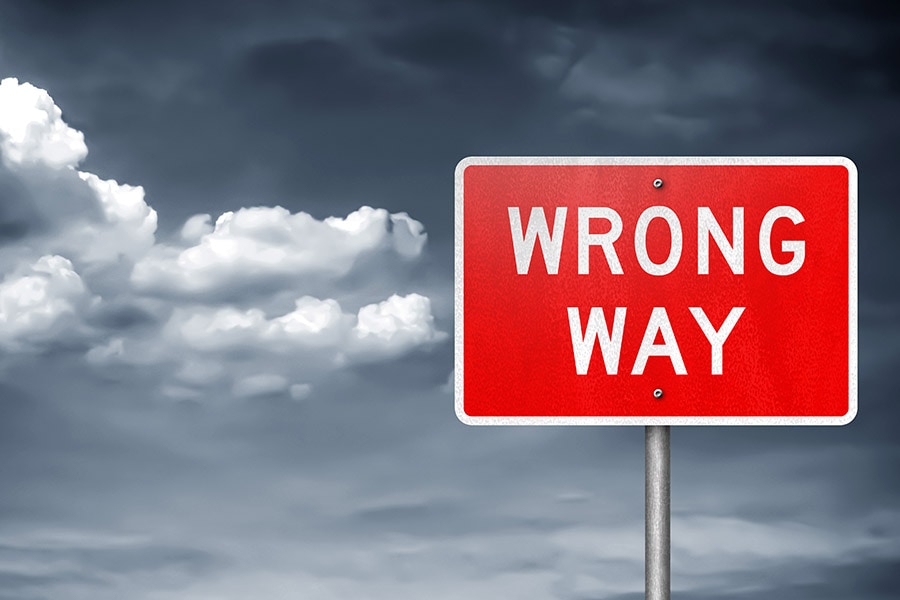
Storyboard 18 - BharatPe fiasco: A look at how brands could tackle founder-led controversies
BharatPe founder Ashneer Grover landed in trouble as social media called for a brand boycott over his alleged abusive call with a bank employee. Branding experts say founders should consider the company brand an extension of their public persona and behave accordingly
 Image: Shutterstock
Image: Shutterstock
An alleged abusive phone call with a bank employee put BharatPe founder Ashneer Grover amid controversy around misuse of power. But that’s not all. His alleged bad conduct has thrown the fintech startup brand in the eye of the storm too.
The controversy also put the spotlight back on troubling issues such as toxic work culture and employees leaving in droves at the three-year-old company that quickly rose to become one of India’s biggest fintech firms.
In fact, Grover had even stepped back from day-to-day operations, giving charge of daily affairs to Suhail Sameer, who became CEO in August 2021. Around that time, Grover was also in the news for his Linkedin post that said BharatPe will offer new employees in tech and product, BMW bikes, latest top-end gadgets and “cri(work)cation” in Dubai for the ICC T20 World Cup.
On a side note, quite frankly, the last thing one should give to people inclined to leave is a super-fast super-bike.
While stakeholders debated Grover’s alleged misconduct during a phone call with a bank employee, people also called for a boycott of the BharatPe app, with #UninstallBharatPe trending for a while on social media.




